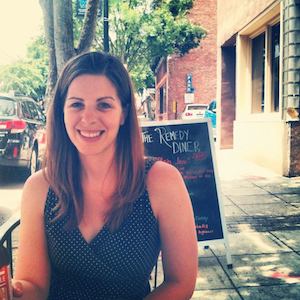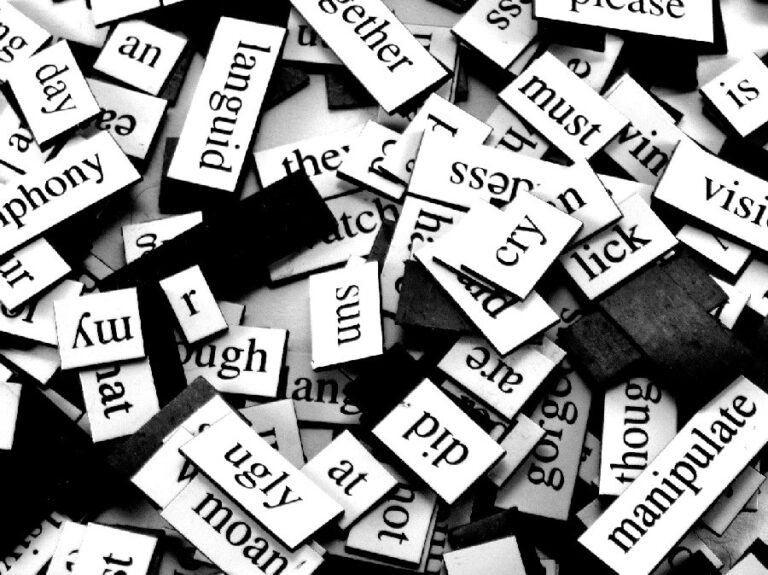Writing Lessons: Christine Hennessey

In our Writing Lessons series, writers and writing students will discuss lessons learned, epiphanies about craft, and the challenges of studying writing. This week, we hear from Christine Hennessey, an MFA student at the University of North Carolina Wilmington. You can follow her on Twitter @TheNewChrissy. —Andrew Ladd, Blog Editor
 In the first semester of my MFA program, I submitted a story to workshop. The story, I thought, was pretty good. Subtle in meaning. Daring in subject matter. Tangling with deep truths that illuminated a hidden aspect of human nature. I was sure my new cohort and my professor would recognize my genius, and crown me accordingly.
In the first semester of my MFA program, I submitted a story to workshop. The story, I thought, was pretty good. Subtle in meaning. Daring in subject matter. Tangling with deep truths that illuminated a hidden aspect of human nature. I was sure my new cohort and my professor would recognize my genius, and crown me accordingly.
So you can understand my surprise when the discussion took a different turn. “I don’t understand the main character’s motivations,” someone said. “Why does she break up with her boyfriend?” someone else asked. “What is she thinking?” came the chorus.
I was stunned. I was mortified. I wanted to sink down into the floor, drop out of the program, and never, ever write again.
Then my professor spoke up. “What’s happening in the white space?” he asked. And I was stunned again, this time for a different reason.
It’s been said that the things we struggle with in our lives are the same things that haunt us in our writing. The white space is my struggle. I shy away from conflict. I avoid confrontation. “I’m fine,” I say, and then I retreat into the white space, that place where time passes and we can skip ahead, surfacing in the next scene.
When I mustered the courage to look at the story a few days later, I realized that my professor and my classmates had been right. I didn’t know why the main character broke up with her boyfriend. I didn’t understand her motivations. Her thoughts were a mystery. Every time the conflict peaked, I faltered. I cut the scene short. I gave her an easy out.
“Write through the white space,” my professor said. “Find out what’s happening there.”
And so, I tried again. This time I dragged scenes out for paragraphs, then for pages. I let conversations meander, got lost in wild tangents. I made my characters think terrible things, and then I made them say those things out loud. At my desk, I was sweating. My stomach was in knots. But the story was getting better, so I kept going.
Since that first class, I’ve become painfully conscious of white space, both in my writing and in my life. I ask myself what it’s hiding, and whether those things should be in the text. This exercise of writing through the white space has given me a more intimate understanding of my characters, and it’s made me braver in my own life as well. While I still shy away from confrontation, I’m getting better at standing up for myself, at telling someone, “I’m fine, but…” It’s a small step, but that’s okay. I am, like most of my stories, a work in progress.
To submit your own essay to Writing Lessons, read our guidelines here.


